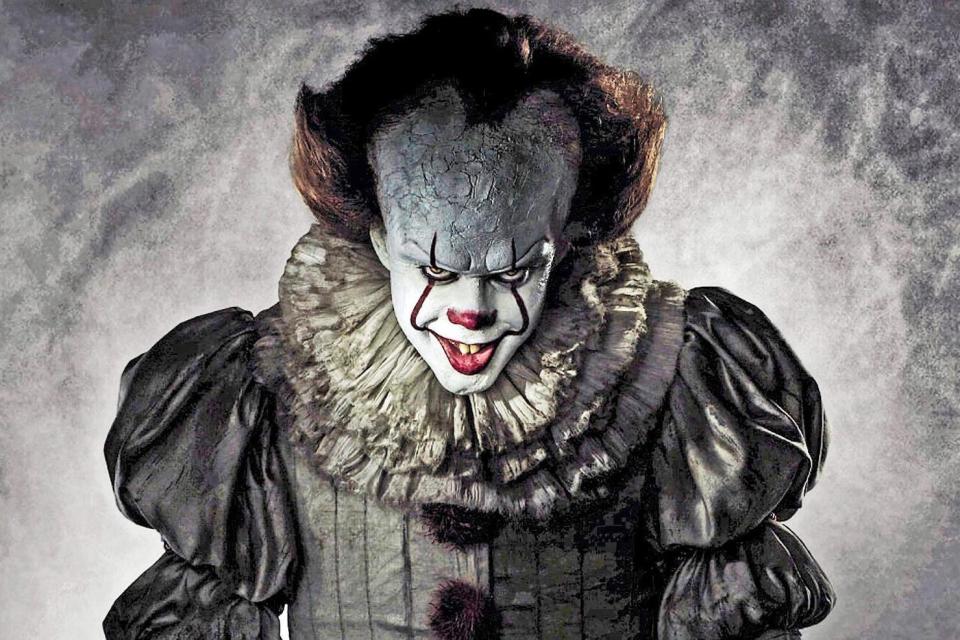I grew up reading comics and Stephen King — it didn’t stop me becoming a literary editor

The historian Amanda Foreman is campaigning for private secondary schools to return 18th- and 19th-century classics to their curricula. Having educated her five children at British public schools, she says she was “horrified” to discover that her 16-year-old had read not a single pre-20th-century novel. She now fears that “kids are leaving school shut out from their literary heritage”.
The first reaction to this — for those who can’t afford to send their own children to elite boarding schools — may be a resounding ha ha ha. While state secondaries are at least dabbling in Shakespeare and Dickens thanks to Michael Gove’s intervention in the national curriculum, private schools are choosing books that are easier to teach to the exam, the better to lure in paying punters with lustrous results. That’s market forces, baby!
But I wonder, in any case, whether this is automatically as bad a thing as Dr Foreman thinks. We do need to strip out the natural declinist belief of each generation that what it learned at school was a “proper education”; likewise the social cachet of classics and the twined notions, not always congruous, that they are “important” and that they are delighting.
More middle-class parents, I suspect, claim to love 19th-century classics than spend their spare time reading them. The professed enjoyment is something they consider mandatory, rather, for their children. And if a well-educated mum can’t be arsed with Middlemarch, how can she expect her teenager to revel in it? Come to that, how much can even an intelligent 16-year-old understand, say, George Eliot — maybe the most grown-up novelist in English?
The canon is important for the proper study of literature; but pleasure is what gets the process underway. Literature is not a museum. It’s an amusement park. Few teenagers can really be expected to have a profound sense of how you get from Beowulf to Bellow — and that’s not the most important bit at that stage anyway.
In youth it matters less what you read than that you read a lot. If you enjoy it, you’ll keep going, and if you keep going, you will come to Dickens and Dostoyevsky. I work as a literary journalist. I’m reasonably well-read. But until I was in my mid-teens, I read X-Men comics, Nancy Drew, Willard Price, Dr Who novelisations, Stephen King, and such Wilbur Smith and Harold Robbins as I could find on my parents’ shelves (many of which books were, in terms of their place in the culture, not that far off Dickens until he was injected with the formaldehyde of posthumous reverence). Those, not early experiments with Flaubert, were really what got me going.
A fledgling critical faculty can be as penetratingly applied to Auster as to Austen; and will be keener if the book is a pleasure rather than a chore. Learning about theme, character, the way sentences work — that’s the stuff of literary criticism. The rest is Dr Foreman’s specialism: history.
Why London’s criminals are having a good hair day
The latest crime-wave is a crime against waves: thieves have taken, it’s reported, to raiding hair salons to steal hair-straighteners. Not just any hair-straighteners: they’re going straight for ghds (for “good hair day”). “We don’t stock the ghds,” one salon owner is quoted as saying ruefully. “People… just pinch them off the shelves.”
I prefer not to think that these things are being offloaded for the Christmas market in the back rooms of pubs for a sheaf of tenners. Rather, that frizzy-haired petty criminals are knocking over hair salons and retiring to their dens to spend all night straightening their hair.
Ronnie and Reggie Kray would, were they still with us, have been shaking their Brylcreemed heads that this is what London’s noble criminal traditions have come to.
When Prince Harry met Melania...

The staged photograph of Prince Harry meeting Melania Trump at the Invictus Games repays close investigation. Look at the unreadable faces. Look at the not-in-the-same-room body language. Notice how Prince Harry has tucked the second and third fingers of his left hand into his jacket so at first glance it looks like he’s throwing some sort of gang sign. And — though I’m not much for fashion (see byline photograph, left) — what is Melania wearing? She looks like nothing so much as an haute couture riff on a Dalek. I tell you, we’ll miss her when she’s only ever photographed on prison visits.
* Speaking of literature, it’s Banned Books Week this week. I don’t know about you, but I’m thinking of holding a street party: everyone should turn up dressed as a book they’d like to ban. You hear so much guff about the importance of free speech, these days; here, at last, is a proper celebration of censorship. Which book would you proscribe? I have my eye on grown-up colouring books, anything whose title contains the phrase “shaped the modern world”, and anything whose blurb talks about “memory and loss”. Readers: what do you reckon? I — oh, hang on. I’ve misread this press release, haven’t I?

 Yahoo News
Yahoo News 